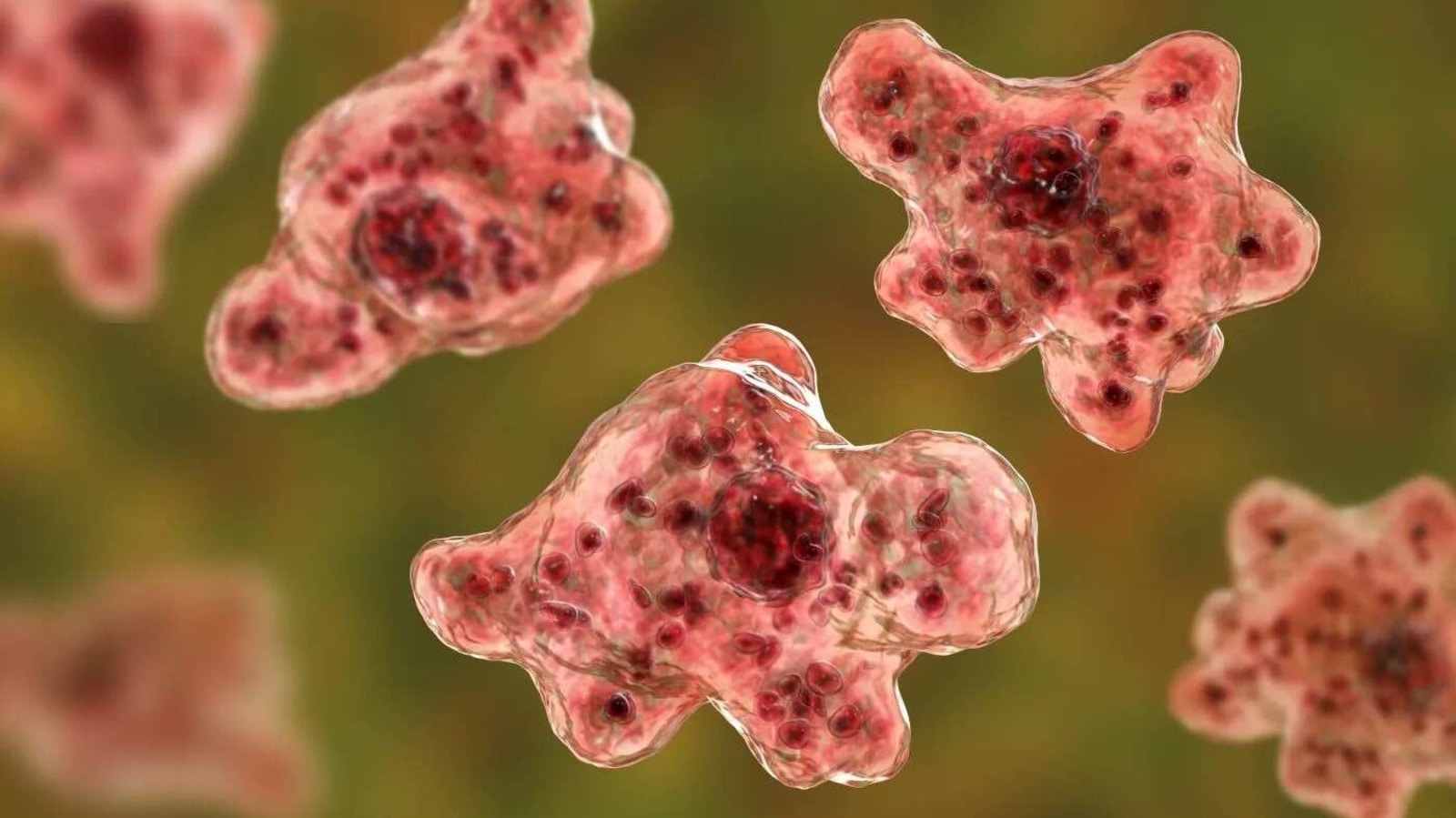Health
Kerala Reports 19 Deaths from Rare Brain Infection in 2025

Kerala has reported a total of 19 deaths linked to the rare and often fatal brain infection known as Primary Amoebic Meningoencephalitis (PAM), which is caused by the Naegleria fowleri amoeba. As of now, there have been 69 confirmed cases in the state for the year 2025. The alarming figures have prompted health officials to heighten surveillance and response measures across various districts.
On Wednesday, Kerala Health Minister Veena George addressed the situation, emphasizing that while there are confirmed cases of PAM, there is currently no evidence of a cluster outbreak this year. “Not clusters, single cases. We did have clusters, but not in 2025; however, back in 2024, there was a cluster there because the same water source was used,” she stated in a briefing to the media. The minister reassured the public that the current cases do not share a common water source, unlike the previous year when clusters were reported in districts such as Kozhikode, Malappuram, and Kannur.
Understanding Primary Amoebic Meningoencephalitis
PAM is a rare and dangerous infection that affects the brain. It is typically contracted when the Naegleria fowleri amoeba enters the body through the nose, often while swimming or bathing in warm freshwater. Importantly, PAM cannot be contracted through drinking contaminated water. Symptoms can develop rapidly and include sudden high fever, severe headache, nausea, vomiting, stiff neck, confusion, seizures, and even loss of consciousness.
As of August and September 2025, Kerala’s health department has reported multiple death cases attributed to PAM across various districts. In response, the Health Ministry, in collaboration with the National Centre for Disease Control, has intensified its monitoring efforts throughout the state to prevent further infections.
Minister George highlighted the improvements in Kerala’s health response since the 2023 Nipah outbreak. Physicians have been instructed to examine every case of meningoencephalitis for potential amoebic encephalitis and to initiate treatment promptly.
Public Health Measures and Community Response
In light of the rising cases, health officials are urging the public to remain vigilant. The focus is on educating communities about the risks associated with swimming in freshwater bodies that may be contaminated. Health authorities are emphasizing preventive measures, such as avoiding warm freshwater during the monsoon season, when the amoeba is more likely to thrive.
The Kerala health department is working diligently to keep the public informed and safe. As the situation evolves, officials continue to monitor cases closely, ensuring that appropriate health responses are in place to mitigate the impact of this rare but severe infection.
-

 World5 months ago
World5 months agoSBI Announces QIP Floor Price at ₹811.05 Per Share
-

 Lifestyle5 months ago
Lifestyle5 months agoCept Unveils ₹3.1 Crore Urban Mobility Plan for Sustainable Growth
-

 Science4 months ago
Science4 months agoNew Blood Group Discovered in South Indian Woman at Rotary Centre
-

 World5 months ago
World5 months agoTorrential Rains Cause Flash Flooding in New York and New Jersey
-

 Top Stories5 months ago
Top Stories5 months agoKonkani Cultural Organisation to Host Pearl Jubilee in Abu Dhabi
-

 Sports4 months ago
Sports4 months agoBroad Advocates for Bowling Change Ahead of Final Test Against India
-

 Science5 months ago
Science5 months agoNothing Headphone 1 Review: A Bold Contender in Audio Design
-

 Top Stories5 months ago
Top Stories5 months agoAir India Crash Investigation Highlights Boeing Fuel Switch Concerns
-

 Business5 months ago
Business5 months agoIndian Stock Market Rebounds: Sensex and Nifty Rise After Four-Day Decline
-

 Sports4 months ago
Sports4 months agoCristian Totti Retires at 19: Pressure of Fame Takes Toll
-

 Politics5 months ago
Politics5 months agoAbandoned Doberman Finds New Home After Journey to Prague
-

 Top Stories5 months ago
Top Stories5 months agoPatna Bank Manager Abhishek Varun Found Dead in Well









